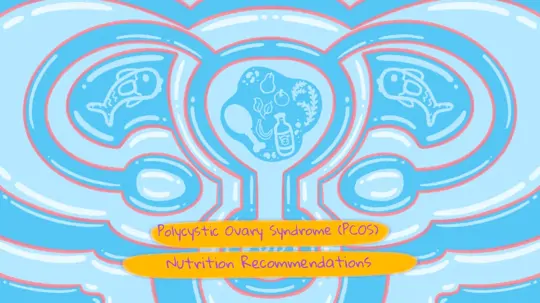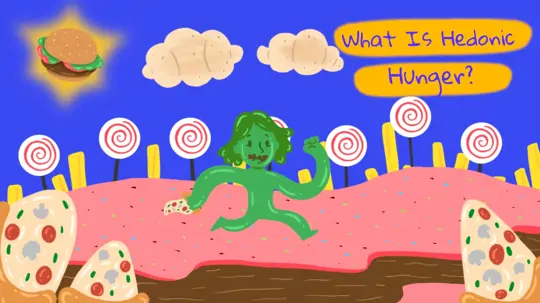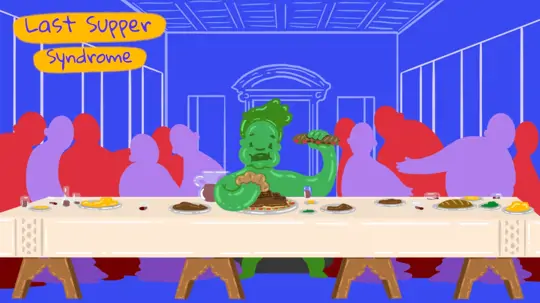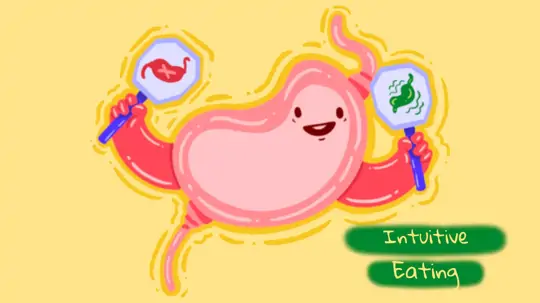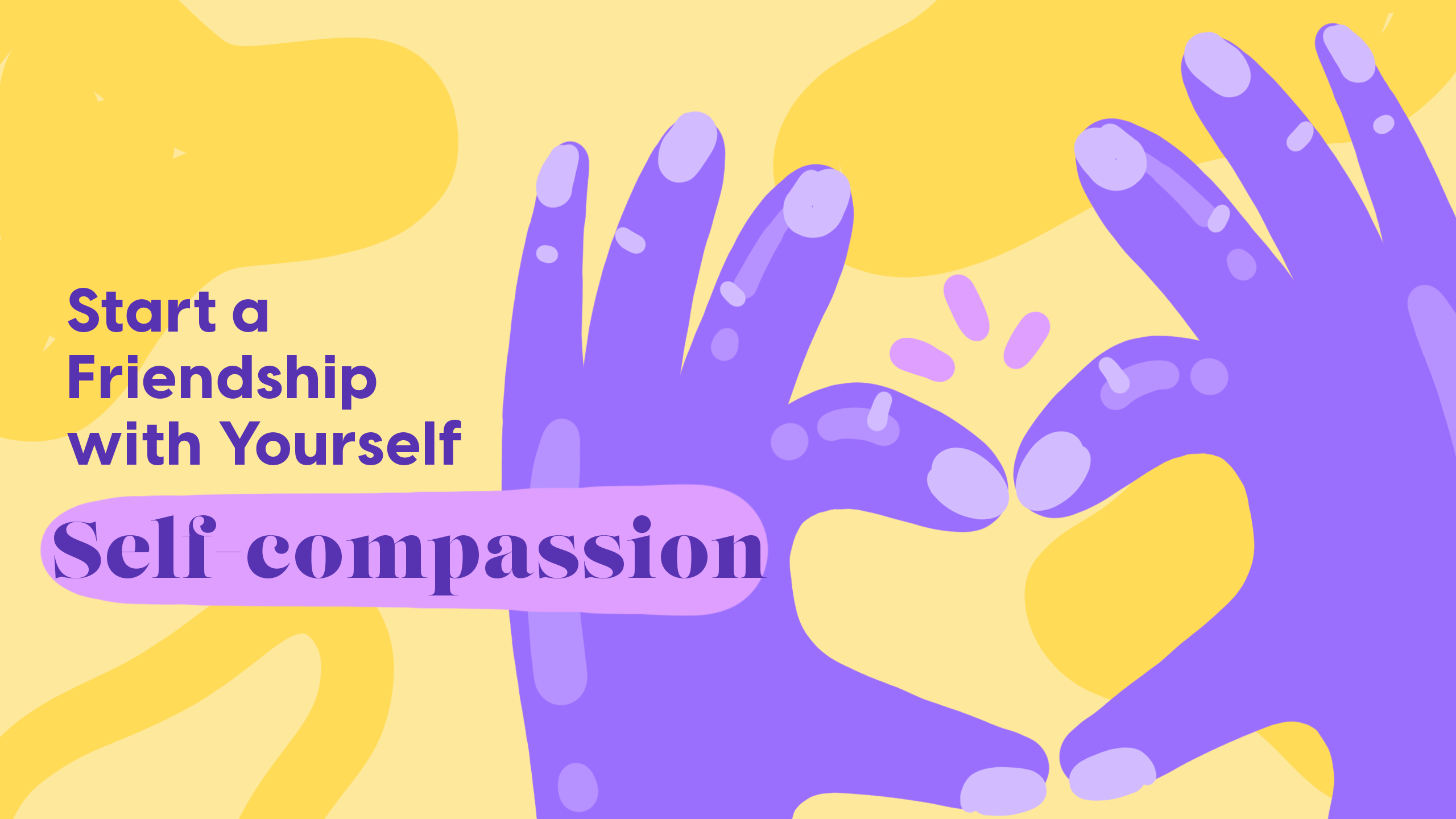
Start feeling better today!
Connect with your therapist today and take control of your life like our 850.000 happy clients.
Get StartedAccepting Friendship With All Its Difficulty: Self-Compassion
Since ancient times, since ancient philosophers devoted their lives to questioning human beings from various aspects, the social aspect of human existence has been handled and discussed under different themes. From the moment of conception, humans need each other.
Even though this need changes shape at different stages of life, it somehow continues to exist because what is in question is what is brought by our nature. We are at a different point in the history of evolution because of how we interact with other people and communicate.
When it comes to the social aspect of our existence, one of the first things that comes to mind is our close friends. They are the people with whom we have a pleasant time, with whom we are eager to share our happiness, and who lighten our hearts when we are in pain. Cicero says "What's sweeter than having a friend you can dare to talk about anything? Would your good days mean anything if there wasn't someone to be as happy as you?"
1.
Well, doesn't it seem very unbeliveable to you that we have a friend who accompanies us to make our lives meaningful, that we know relatively that they will not leave us unless we want them to, and that we can find as close as we can in every difficult time and need?
At this point, it is possible to consider self-compassion. Self-compassion is no different than showing compassion for another person. In fact, it is being able to remember to care for and comfort ourselves while accompanying the difficulty of our personal experience, just as we do with our friends2.
Do you criticize a friend who is suffering because of their inadequacies, mistakes, maybe disappointments, or do you question and judge how they failed to do this while they were already in pain? Or would you say that it is in human nature not to be perfect, how understandable it is that "all of us" can experience some confusion, sometimes even a lot, and hug them? While you are thinking about the answer to this question, let's add another important question: Where do you think you stand in the phrase all of us
?
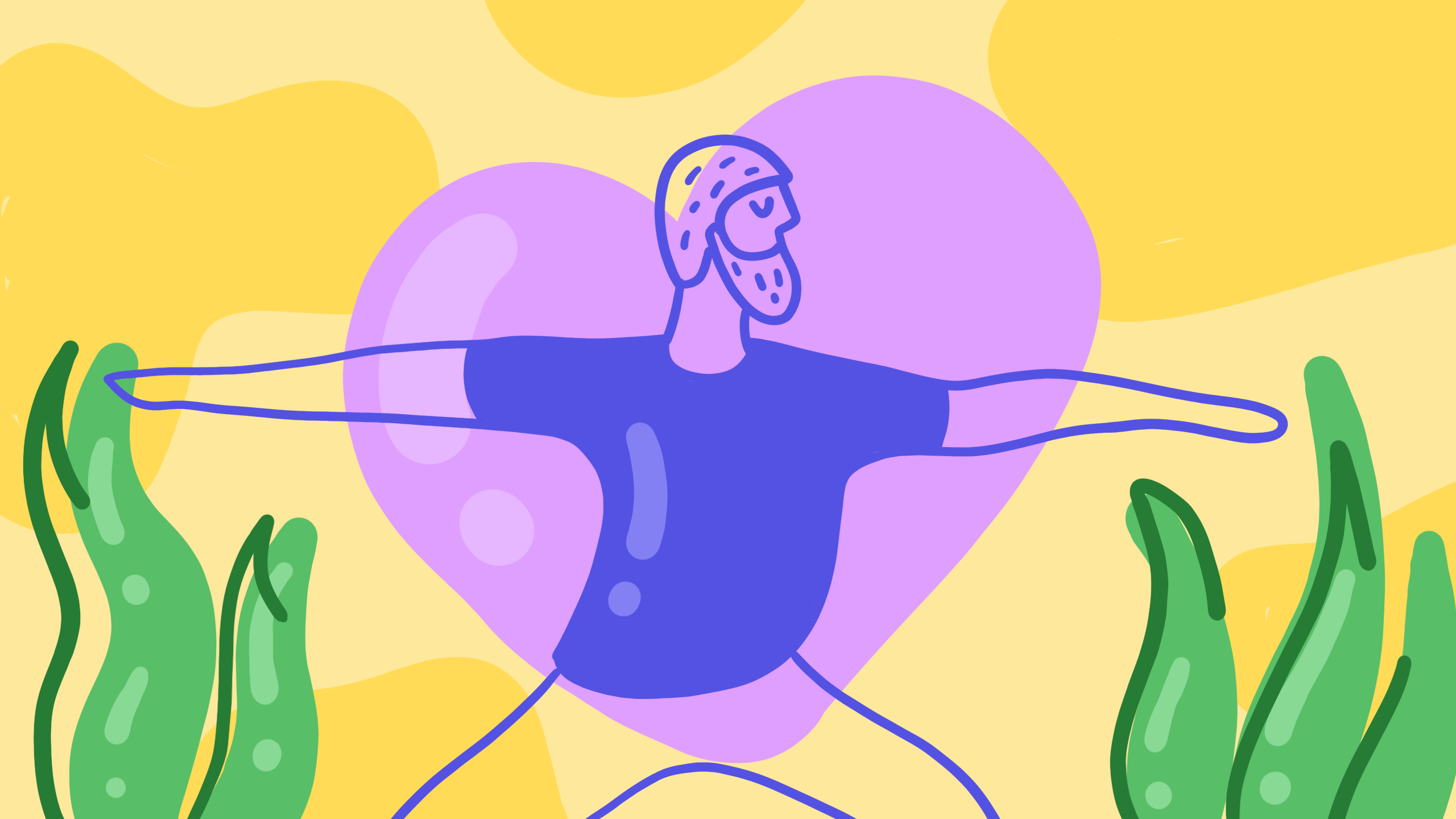
Perhaps the greatest injustice we can do to ourselves is this. While we don't expect someone we love to be perfect, and when we see that they are suffering because they are not perfect, we can show compassion enough to give them a piece of our heart, but when we are the person in the same situation, we can get angry with ourselves. So showing self-compassion isn't always easy.
Now a critical voice like I can't even do that
may be screaming inside you. No, this is not an overarching perspective. It's not that you can't do this because of your incompetence. In fact, your first big step towards doing this is not to fight the cruel and critical voice inside you, but to recognize it and to meet it differently and in a nicer way than usual. However, of course, you may still not be able to because this is very understandable and many factors can come into play.
Why Is Showing Self-Compassion So Difficult?
The first reason is that compassion is thought to be related to good qualities such as kindness, understanding, empathy, and the urge to help other creatures in distress, whereas self-compassion is thought to have bad qualities of the self like self-pity, self-serving, self-indulgence, egocentrism, and utter selfishness3. However, self-compassion is not synonymous with any of these bad terms.
Another issue may be that self-compassion also contains an element of wisdom. As a shared human experience, it is important for us to show self-compassion to accept the fact that we, along with everyone else on the planet, are imperfect beings, and to know that we, like everyone else, can be the target of misfortune. While it's easy to say yes, really
when we read this, we may not be able to take this perspective during difficult experiences. At this point, when we are in pain, it can make a big difference to remember that we are not really alone and that hardship and struggle are deeply embedded in the human condition3.
However, showing self-compassion can be worrisome for the following reasons.
- Thinking that self-compassion is a weakness
- The perception that self-compassion can lead to a risky situation, such as being too forgiving
- Experiencing self-compassion as a threat to an inner dialogue, namely tough love, based on intolerance and harshness to overcome the problem in question (This denies and minimizes the need for compassion, albeit well-intentioned).
- Thinking that you don't deserve self-compassion
As a result of these factors, attempts to show self-compassion can even cause embarrassment. Also, self-compassion can rekindle the pain and sadness caused by a longing for compassion that was not met in previous years. Many individuals, especially those with a history of severe trauma, may need the support of a mental health professional to help them develop self-compassion4.
Can Self-Compassion Be Learned Later?
In addition to the factors above, the context of our past life and the relationship we establish with our parents, especially in the early stages of life, can have an impact on the relationship and communication we establish with ourselves. For example, a child with a critical parent can talk to themselves as their parent, learns this, and this internalized voice can continue in different forms into adulthood. The individual, who is worried about being criticized but also expects what they have already learned, accepts this voice as normal when they listen to themselves, voluntarily or involuntarily, because the critical voice is very familiar to them. They may even be unaware that they are communicating in a similar way as in the context of the past.
When it comes to experiences like these, it would be helpful to consider the accompanying process of psychotherapy as follows. In this process, the realistic limits, expectations, attitudes, and sentences that the expert will provide in a professional context with the attention and support that will be placed in the framework of awareness are transformed and internalized by the person. Thus, the person can recreate a dynamic that is more functional for them in adulthood. It can rearrange both their relationship with the outside world and their communication with themselves. So, they start to develop a pattern in their life that is the opposite of being criticized and judged when they say these things, which helps them be more kind to themselves.
So, self-compassion and quality relationships and communication with ourselves can, of course, be learned. Moreover, not being able to do it on our own is not a fault. On the contrary, it contradicts our purpose to overburden ourselves by feeling compelled to do so. The attempt to get professional support at the point of need can even be the strongest indicator of self-compassion.

A Friendship as Close as a Heartbeat
Although the concerns and attitudes mentioned throughout the article are among the challenges of showing self-compassion, they are all quite natural. They may have protected us from pain and worked for us at some point in our lives. Today, clinging to them can increase our feelings of loneliness and pain and deprive us of a friendship that will be as close as our heartbeat for the rest of our lives, namely self-compassion. This friendship inside is different from someone outside holding our hand. Regardless of the amount of affection we receive from the outside, we always feel its absence. While we can get stronger by interfering with our bleeding wounds internally, we turn away from them and look up so that someone else can lift us up. We hope for hope from the outside when we can find eternal hope within. Of course, we're not just talking about making friends with ourselves and devaluing the support of others. What we're talking about is the emptiness created by the fact that we miss out on how big of a supporter we are.
It may be necessary to remember this from time to time: Not being perfect is a partnership that completes us, opens our doors to endless development and change, gives us the chance to shape life and also gives us control, and adds excitement to the process. Of course, we may have traits in life that make us unhappy or behaviors that cause us pain. Trying to change in a way that makes us healthier and happier in front of them may seem quite logical, but the important point is that this change is done because we care about ourselves, not because we are worthless or unacceptable as we are2.
We would like to end the article by reminding you of the words of Psychologist and Author Doğan Cüceloğlu that most of us think that friendships are formed as a result of talking, but in reality, friendships are formed as a result of listening. We leave you alone to listen to your inner voice and get in touch with your self-compassion5.
Sources
- Cicero, M., & Cevik, C. (2021). On Friendship. (7th ed., p. 10). Istanbul: Türkiye İş Bankası Cultural Publications.
- Self-Compassion | Dr. Kristin Neff. Retrieved from https://self-compassion.org/the-three-elements-of-self-compassion-2/#definition
- Neff, K. (2015). The Five Myths of Self-Compassion: What Keeps Us from Being Kinder to Ourselves? | Psychotheraphy Networker Source: http://greatergood.berkeley.edu/article/item/the_five_myths_of_self_compassion
- Psychology Today | Bernard Golden, Ph.D. Retrieved from https://www.psychologytoday.com/intl/blog/overcoming-destructive-anger/201609/what-makes-self-compassion-such-hard-sell
- Cüceloğlu, D. (2016). Communications Equipment (47th ed., p. 138). Istanbul: Remzi Bookstore.
